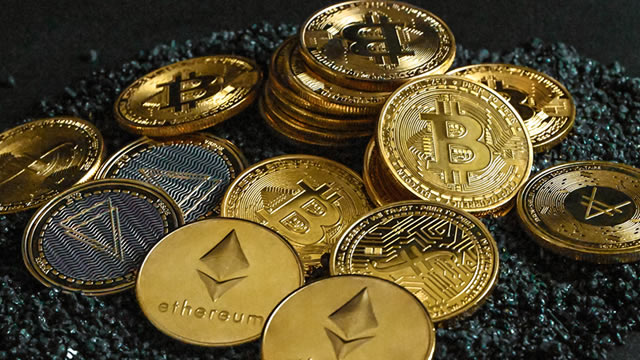
Brazil Issues New Crypto Regulations, Tightens Controls on Stablecoins Transactions and VASPs
Bitcoingeneral
The Central Bank of Brazil has finalized rules governing virtual asset service providers (VASPs) and stablecoin transactions, focusing on financial stability and reducing their use for illicit purposes, according to regulatory director Gilneu Vivan.
📋 Article Summary
The Central Bank of Brazil's (BCB) recent move to introduce new regulations governing virtual asset service providers (VASPs) and stablecoin transactions marks a significant shift in the country's approach to cryptocurrency oversight. This regulatory crackdown aims to enhance financial stability and mitigate the use of digital assets for illicit activities, signaling Brazil's commitment to responsible crypto market development.
Gilneu Vivan, the regulatory director at the BCB, emphasizes the need to balance innovation and risk management in the burgeoning crypto ecosystem. The new rules target VASPs, which include cryptocurrency exchanges, custodians, and other service providers, by imposing stringent requirements on their operations and reporting mechanisms. This heightened scrutiny is likely to increase compliance costs for these firms, potentially leading to market consolidation as smaller players struggle to adapt.
Additionally, the regulations tighten controls on stablecoin transactions, a segment of the crypto market that has faced heightened scrutiny globally due to concerns over their potential impact on financial stability. Stablecoins, which are designed to maintain a stable value relative to fiat currencies, have become increasingly popular as a means of facilitating crypto-to-crypto and crypto-to-fiat transactions. However, their rapid growth and lack of robust regulatory oversight have raised concerns about their vulnerability to market volatility and susceptibility to money laundering and other illicit activities.
The BCB's move to rein in stablecoin transactions is likely to have far-reaching implications for the broader cryptocurrency ecosystem in Brazil. Investors and crypto enthusiasts may face increased friction and bureaucratic hurdles when using stablecoins for trading, lending, or payment purposes. This could potentially dampen the overall adoption and usage of digital assets, at least in the short term, as market participants adapt to the new regulatory landscape.
Moreover, the BCB's actions underscore the growing global trend of heightened crypto regulation, with governments and central banks around the world seeking to strike a balance between fostering innovation and mitigating systemic risks. As the crypto industry continues to evolve, experts predict that we will see more countries follow suit, implementing stricter rules and oversight mechanisms to ensure the integrity and stability of their financial systems.
Looking ahead, the Brazilian crypto market may experience a period of uncertainty and adjustment as VASPs and stablecoin users navigate the new regulatory environment. However, this could also present opportunities for more established and compliant players to consolidate their market position and potentially gain a competitive edge. Furthermore, the increased regulatory scrutiny may drive the development of more robust risk management practices and investor protection measures, ultimately contributing to the long-term sustainability and maturity of the Brazilian cryptocurrency market.